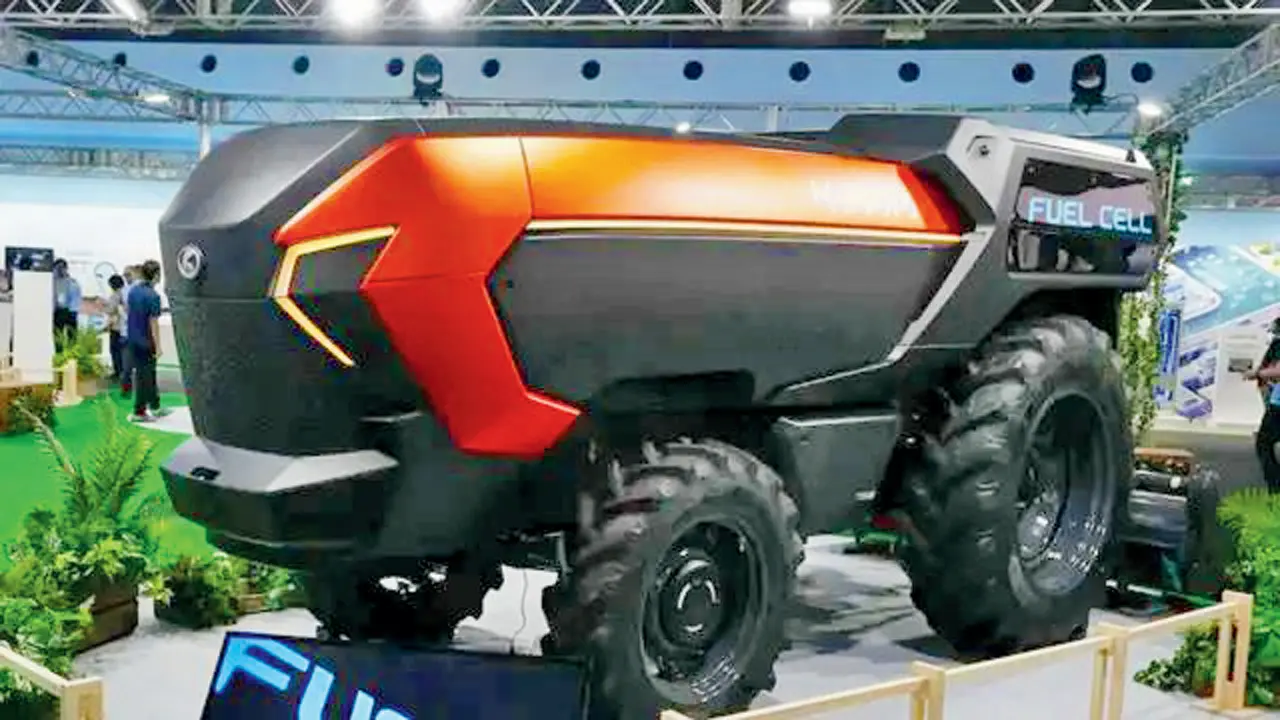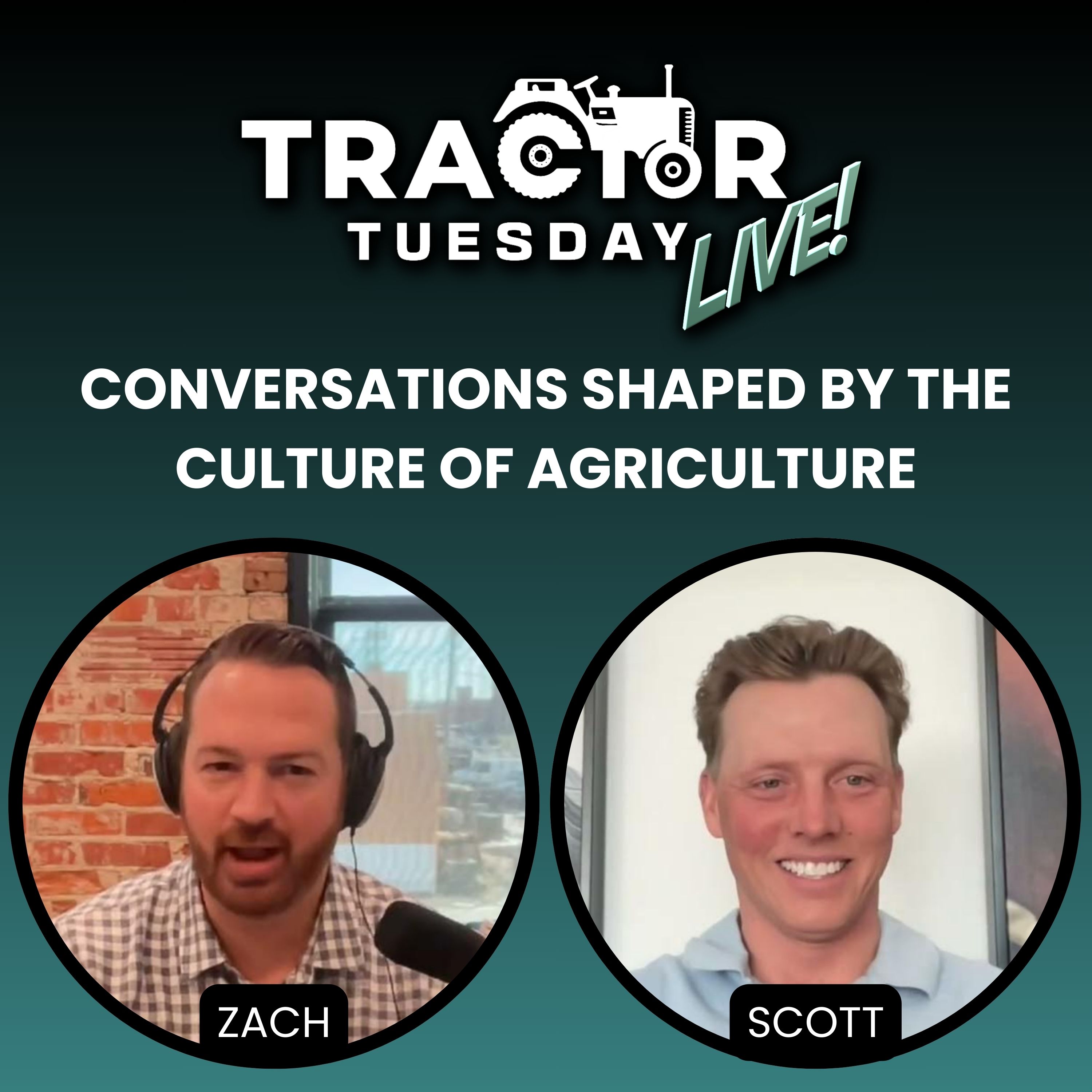Kubota has unveiled what it calls the world’s first hydrogen fuel cell, self-driving tractor. The concept machine has no cab and operates entirely by remote control or autonomous navigation. It delivers power equivalent to about 100 horsepower, using compressed hydrogen to run a fuel cell that produces electricity for two electric motors, one for driving and another for powering implements. The result is a quiet, zero-emission tractor that runs on electricity generated from hydrogen instead of diesel.
The tractor’s hydrogen is stored onboard in high-pressure tanks and supplied to a polymer electrolyte membrane fuel cell. This creates electricity and water vapor as the only emission.
The tractor measures 14 feet 4.4 inches long, 7 feet 2.6 inches wide, and 7 feet 6.2 inches tall. It was unveiled in Japan at the Expo 2025 Osaka Kansai. Kubota says it will soon begin field trials in Japan to test reliability and performance under real-world conditions.
Innovation and Challenges
The innovation lies in combining two cutting-edge ideas: clean hydrogen power and full autonomy. Without a cab, the design is simpler, lighter, and potentially cheaper to maintain. Electric motors deliver instant torque and efficiency, while the absence of an internal combustion engine means no oil changes or exhaust systems. However, the concept also faces major challenges.
Hydrogen infrastructure is extremely limited in most farming regions, making refueling difficult and expensive. Producing hydrogen cleanly requires electricity and water, and while it can be done on-farm through electrolysis, it adds significant cost and complexity. The fuel cell itself is costly to build and must withstand vibration, dust, and temperature swings that are common in agriculture. Even storing hydrogen safely requires heavy, high-pressure tanks and safety protocols that most farms are not yet equipped to handle.
Cost is another hurdle. Farmers will be hesitant to adopt a system that requires new fueling methods, expensive equipment, and unproven long-term reliability. And while autonomy can reduce labor costs, it introduces concerns about trust, safety, and control. Farmers are used to being in the cab, feeling the ground, and reacting instantly when conditions change.
Hydrogen’s Place in Farming
Hydrogen offers promise for powering heavy machinery where batteries struggle to provide range and fast refueling. It has higher energy density than batteries, works well in cold conditions, and produces no emissions during operation. But compared to battery-electric tractors or renewable diesel, hydrogen is still in its infancy for agriculture. Without a practical fueling network, its use will likely remain limited to testing or specialized environments.
Battery-electric systems, hybrids, and renewable fuels are currently more feasible for most farms. They use existing infrastructure and can deliver emissions reductions without entirely redesigning how machines are powered or operated.
Will Farmers Accept a Cabless Tractor?
Perhaps the biggest question is cultural. Many farmers enjoy the control, visibility, and comfort of being in the cab. They rely on instinct and quick decision-making when something looks or feels wrong. A cabless, fully autonomous tractor removes that human connection. While large-scale or tech-focused operations might embrace it for repetitive fieldwork, most American farmers will likely prefer hybrid systems that allow both autonomous and manual operation.
The Road Ahead
Kubota’s hydrogen tractor represents an ambitious vision of cleaner and smarter agriculture. It shows what could be possible if hydrogen fuel, artificial intelligence, and autonomy all mature together. But adoption will take time. Farmers will want proof of reliability, lower total costs, and solid support networks before giving up their diesel-powered workhorses.
For now, this tractor serves as a preview of what farming could look like decades from now – quiet, emissions-free, and largely self-driving. While there are serious doubts about whether hydrogen will become the dominant power, Kubota has made it clear that the race to reinvent farm power is well underway.




Leave a Reply